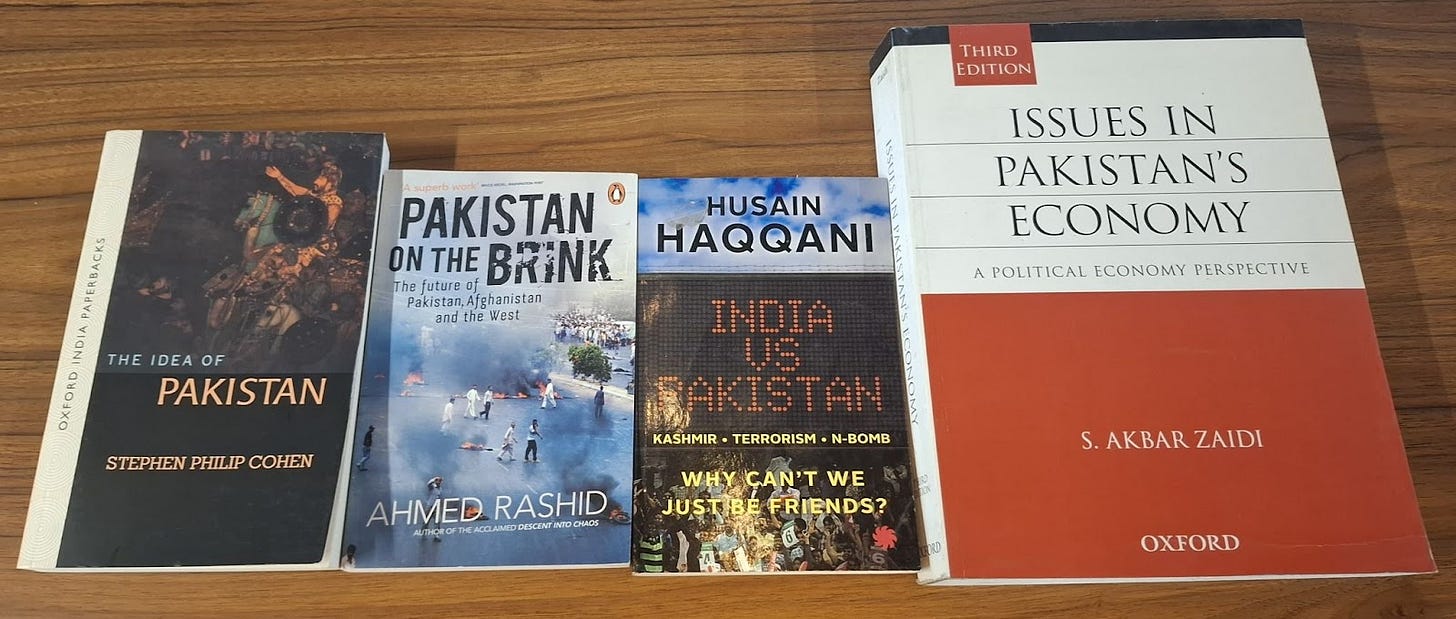A Keatsian Question For China...
1819 was the approximate date of writing attributed to one of famed British romantic poets, John Keats' most memorable poems, “Bright Star”. What was markedly different about this work was the departure from his once lauded “impersonal” writing style, that was noticeably devoid of the ‘self’ as a subject of examination.
The reason? Prof. Susan J. Wolfson from Princeton University, among other academic voices, attributes this change in style and focus to his burgeoning relationship with Fanny Brawne, a young woman he encountered as a new neighbour in Hampstead in 1818.
While the finer details of their relationship are scarce, scholars point to the period following their meeting as one of Keats’ most productive writing spells. By the time of his eventual death of tuberculosis in 1821 (at the age of 25) he had published 54 poems (in 3 volumes), as well as magazines, but most remarkably for English literature scholars, had explored writing an expansive array of poetic forms ranging from the sonnet to the Miltonian epic.
Apart from being one his last written works, “Bright Star” also served as one of his most candid, direct and emotive pieces of writing, and was revised again a year after he first drafted it (while on a trip to Italy intended to help him improve his then flailing health).
Scholars noted that when Keats eventually died in Italy, he was buried with unopened letters from Fanny since it had pained him to read them while he knew he was so far away from her.
Following John’s death, Fanny “went into mourning as if she had been widowed: she cut her hair, dressed in black, and wore a locket containing Keats’s hair, along with the ring he had given her” as highlighted in the Harvard College Library Online Exhibit on Keats.
With that dear reader, we draw your attention to the following excerpt from this written and re-written famed poem:
Bright star, would I were stedfast as thou art—
Not in lone splendour hung aloft the night
And watching, with eternal lids apart,
Like nature's patient, sleepless Eremite,
The moving waters at their priestlike task
Of pure ablution round earth's human shores…
Much like our distraught poet who expresses a desire for an ideal - steadfastness like that of a star - many have cast a gaze upon China’s per capita growth rate of more than eight per cent a year and drawn comparisons with India’s six per cent. “Would [our economy be] as [China’s] art”, we can hear some readers muse.
But even as some may express an aspiration to be akin to our neighbour in this regard, Pranay Kotasthane, Deputy Director at Takshashila, alerts us in his recent Op-Ed in The Print, that “our root cause analysis of China’s economic growth is wrong.”
But fear not reader, he won’t leave you in suspense of why it’s wrong, what can be done to remedy our analysis and how India to possibly bridge (and surpass) the growth rate gap.
To begin answering these questions, he invites us to examine, inter alia, the "bureaucratic decentralization” of Chinese cities. Further, the limited tax and self-generated revenue of Indian municipal corporations and dependence of such corporations on higher orders of government doesn’t help India’s case (drawing from RBI’s latest annual report on municipal finances).
For a more fulsome read of his analysis and recommendations (including the failings in both India and China’s respective approaches), follow this link.
P.S. To read the above Keats poem in full, follow this link.
US’ Debt DOGE-ing: An Analysis by Narayan
In his latest column in The Mint, Takshashila Co-Founder, Narayan Ramachandran, introduces timely scrutiny on the US’ federal budget (which will be seven trillion dollars in 2025), its related debt overload problem (has now touched 125% of gross domestic product) and efforts being made by the US’ nascent Department of Government Efficiency (DOGE).
He argues however for some valuable lessons that India can draw from DOGE’s actions:
Elimination of wasteful spending should be a periodic exercise in every democracy. On the expenditure side, any new welfare programme should be born with a sunset clause. It is better to review and renew a spending scheme than have it continue for decades. This will serve the cause of both efficiency and effectiveness. Once encrusted, budgetary expenditure is difficult to reduce. Fiscal goals such as ‘primary deficit elimination’ and budget balancing must return to favour.
To read more, follow this link.
Locust Management: Brinkmanship Plagues India-Pakistan Cooperation
Are India and Pakistan politicising the issue of locusts management?
If you were to examine the analysis jointly developed by Takshashila Geospatial Studies Programme Research Analyst, Keerthishree and Rakshith Shetty, they would argue that the answer is yes, and that the current game of brinkmanship between both countries needs to end now.
In line with this position, they have two consequential recommendations: “India must adopt a dual strategy: strengthening domestic preparedness while reviving cross-border cooperation with Pakistan.”
To take a closer look at their thoughtfully developed analysis on this challenge, see here.
Howdy, Modi? All Things Policy Episode of the Week!
The All Things Policy (ATP) episode we’d like to highlight this week is an analysis of Indo-US ties following PM Modi’s recent visit to US President Trump. Do we have cause for concern or optimism?
To be a fly on the wall for the insightful conversation between Takshashila Indo-Pacific Studies Programme Staff Research Analysts, Amit Kumar and Anushka Saxena, on this topic, follow this link.
Takshashila Tabletop Trove!
Welcome back to the Tabletop Trove of Dispatch! As you may well know, this section is intended to be a virtual repository of the books that sit at a high-table located in Takshashila’s physical office space in Bengaluru, Karnataka.
The below collection is based on the theme – ‘Everybody Needs Neighbours: Pakistan Edition’.
Issues in Pakistan's Economy: A Political Economy Perspective (S. Akbar Zaidi)
India vs Pakistan: Why Can't We Just be Friends? (Husain Haqqani)
Pakistan on the Brink: The Future of Pakistan, Afghanistan and the West (Ahmed Rashid)
The Idea of Pakistan (Stephen Philip Cohen)
But Wait! There’s More!
Are you passionate about shaping India's future? Keen to be at the forefront of policymaking and governance? Look no further than Takshashila's Post Graduate Programme (PGP) in Public Policy. We’ll equip you with the knowledge, skills, and network to make a difference in India's public policy landscape.
Through rigorous academic training, hands-on experience, and exposure to real-world policy challenges, you'll be empowered to become a leader and change-maker in the public policy space.
Apply here by May 1, 2025 to avail of our 10 percent scholarship - programme begins on June 14, 2025.
This edition of the Dispatch was written by Kripa Koshy, Programme Manager for Takshashila’s Post Graduate Programme in Public Policy.






